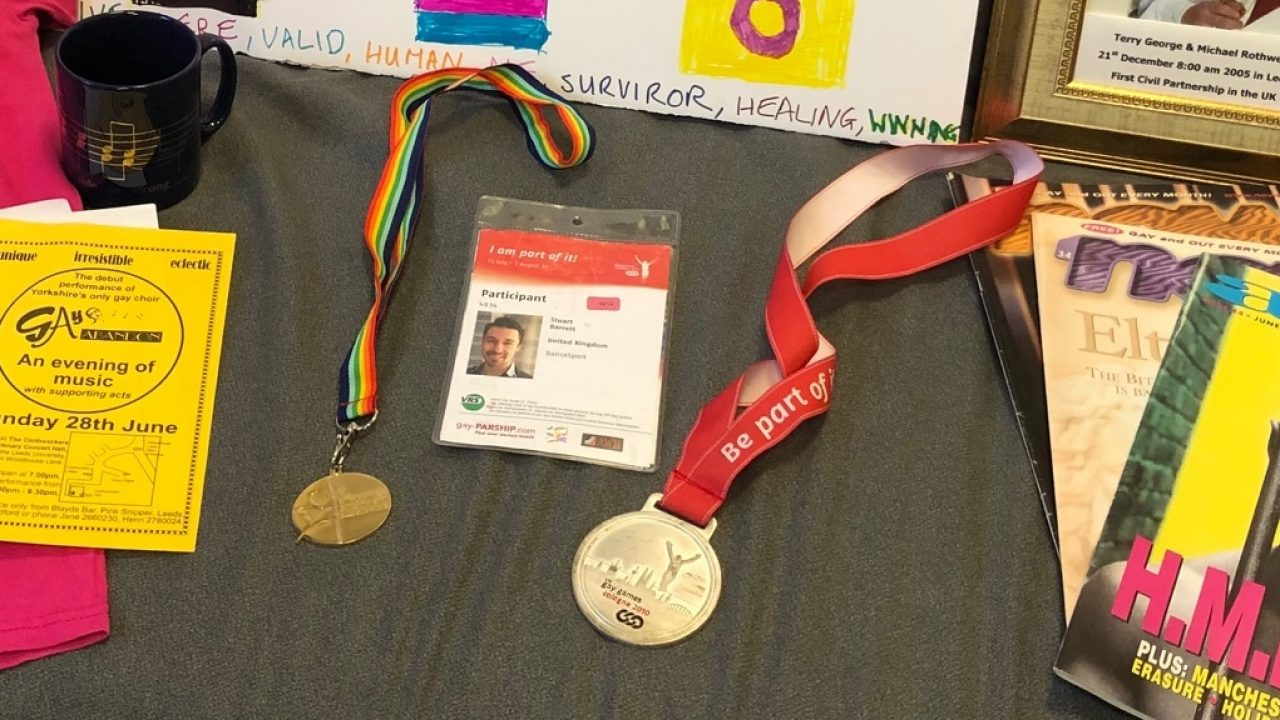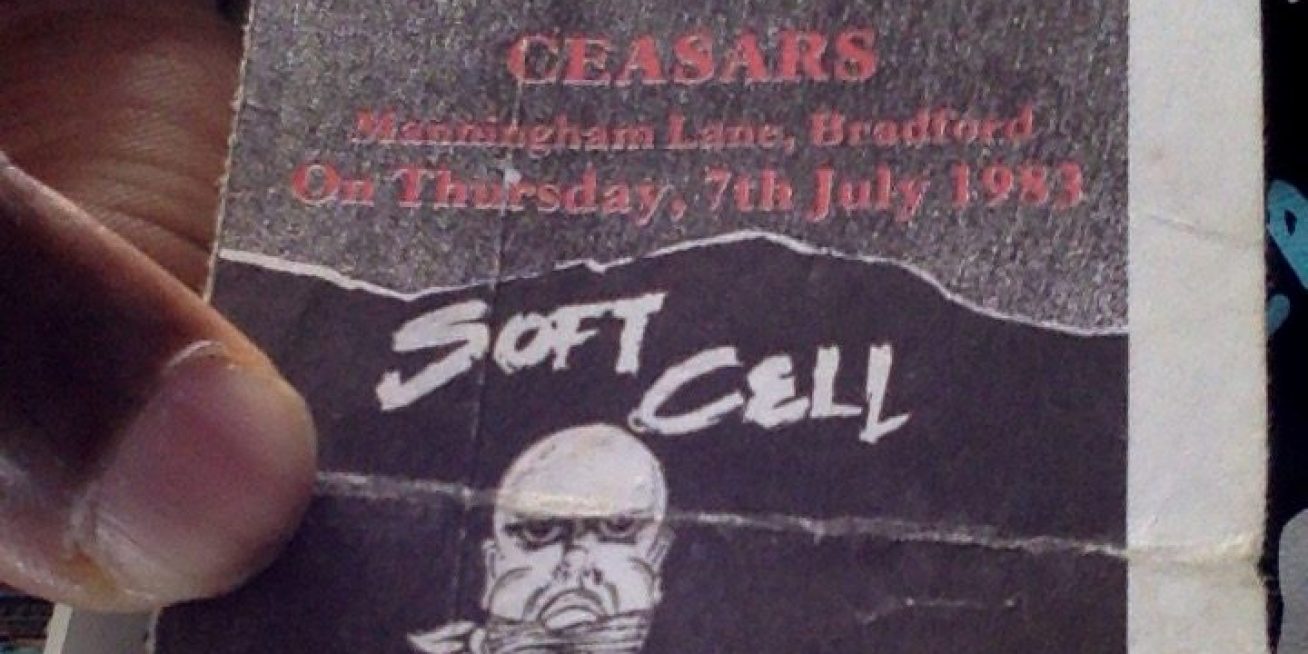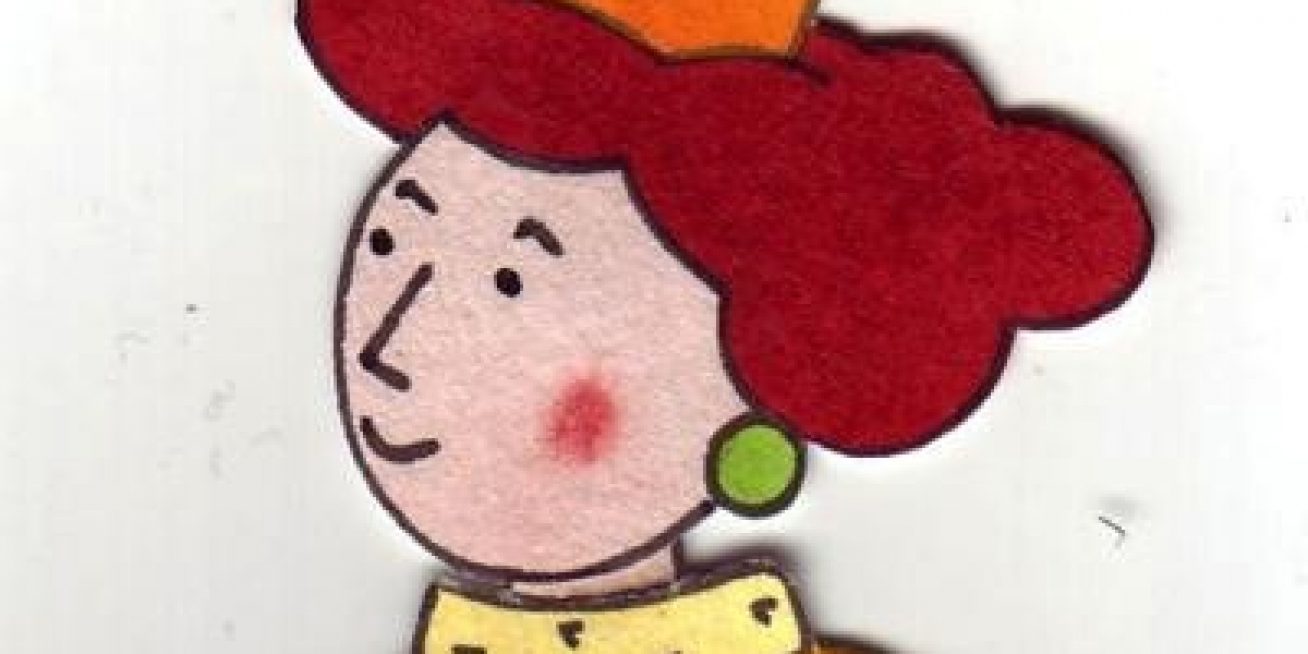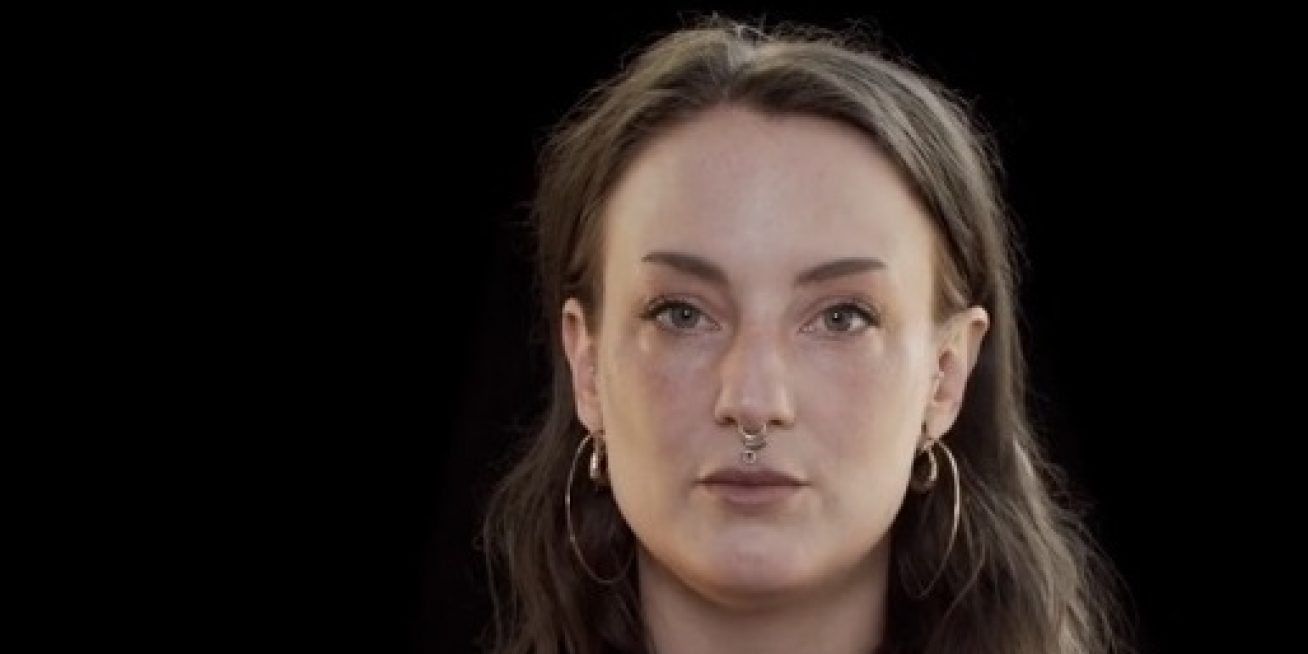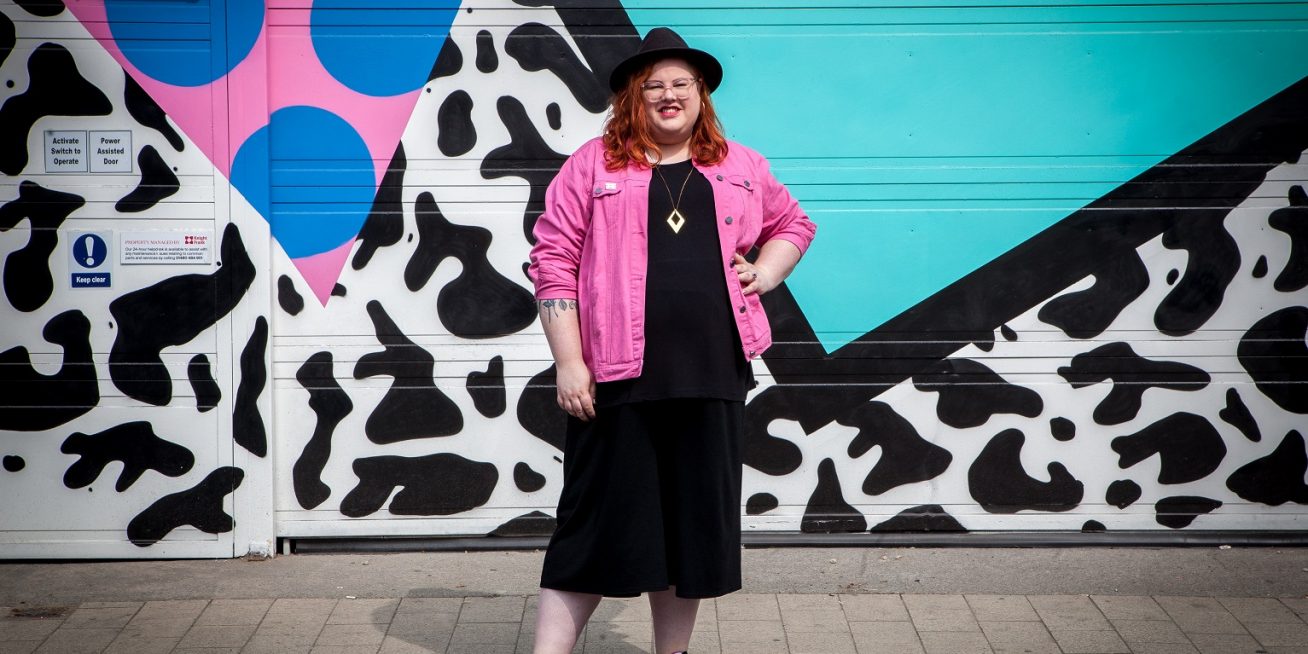The world of same-sex ballroom dancing
Stuart has danced in international contests with a male dancing partner, as well as show teams and a hit film!
Please note that Stuart’s interview was conducted over Zoom, so the audio quality is not as high as most of our other interviews.
TRANSCRIPT
STAURT: I'm Stuart Barrett, I'm 41, I grew up in Castleford, I was born in Pontefract, and I'm a gay man. I've danced since I was about nine. And then I found same-sex dancing on the internet and moved to London to fulfil the dream, as it were! And do same-sex ballroom and Latin, competing, teaching, performing. I joined a school in London that specialised in this, and I did my teacher training there. And at the same time, I competed. So I did, like, various competitions, the Gay Games, the Out Games, the Euro Games. They sort of, in different places around Europe and further afield. I mainly danced Latin, which is cha-cha, rumba, samba, paso, jive. And then I danced with a group as well, so we did like show teams. There was ten of us, ten male-male couples, dancing, like, a synchronised dance routine, to a set piece of music.INTERVIEWER: Fantastic!
STUART: Yes, so we travelled around doing it.
INTERVIEWER: Do you find that it's quite different being a same-sex dancer in the way that you're being perceived by other people?
STUART: I've never really thought of it like that. But - for instance, once I applied for a job that was advertised online, they wan- it was a Latin couple, ballroom Latin couple to dance in a casino. And it didn't specify the gender. So, I went with my male partner, we got the job and worked in a casino in Mayfair. Overall, like, the teaching of ballroom and Latin generally, the rulebook does, says "man and lady". And there was a time when they were trying to enforce it, the rule that only mixed gender couples could dance in the competition, it stopped male-male couples entering. But they didn't manage to get that through, obviously. But that's only in my lifetime.
INTERVIEWER: When-abouts would that have been?
STUART: Probably about 2013-14. It wasn't long ago at all, yeah.
INTERVIEWER: Would you say that it's more popular amongst men than women, or is it about the same, same sex dancing?
STUART: Overall there's more women, I think, that take part, but it's, there is quite a mix of different couples generally.
INTERVIEWER: Would you say that the couples tend to be LGBT or are there straight couples that would also take part in same-sex dancing? Or straight individuals?
STUART: Yeah, so, yeah, straight individuals, yeah, there is couples there with a straight man and a gay man dance together, as well as straight couples, yeah, and LGBT couples.
INTERVIEWER: What's it like dancing on an international level as part of the same-sex group or as a couple?
STUART: It's really good fun. So it sits as part of the Gay Games or Out Games or Euro Games. It's a big sporting event, so they have everything there from swimming to ballroom dancing, obviously. And they're a real celebration and they have, like, an opening ceremony and a closing ceremony. And there's lots of arts events around it as well as sort of parties and stuff. It's a real, real… I remember my first one, coming out into the stadium, it's really emotional. Because there's so much support in the room, it's overwhelming really.
INTERVIEWER: Can you tell me about any of the successes that you've had as a competitor?
STUART: Yeah, yeah, so, I was kind of the top UK Male Latin Couple in 2010, and that was at the Gay Games in Cologne. I also was the first man to dance with a male student in a competition, which hadn't been done before and then it was quite unusual; it happens all the time now. As part of the teams, we were, like, European show dance champions. And I've also done a lot of, like, and - I'm in the Downton Abbey movie.
INTERVIEWER: Oh, wow!
STUART: Out on Friday. Doing same-sex dancing in that as well.
